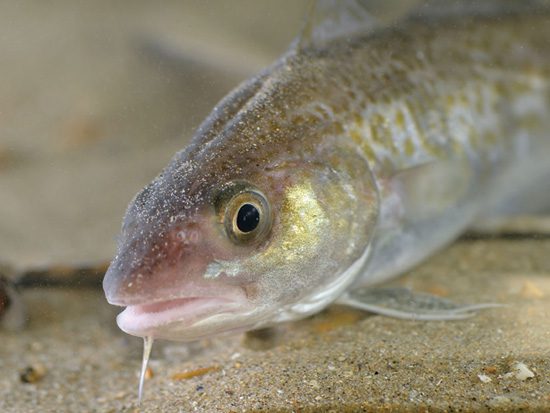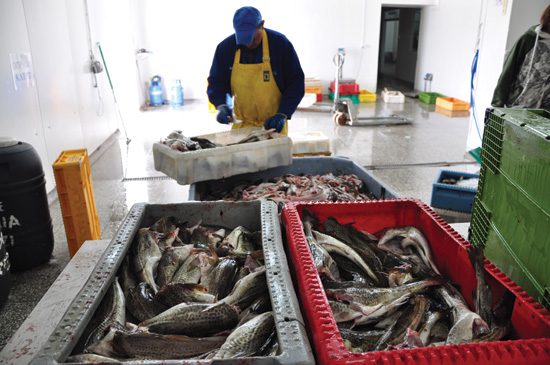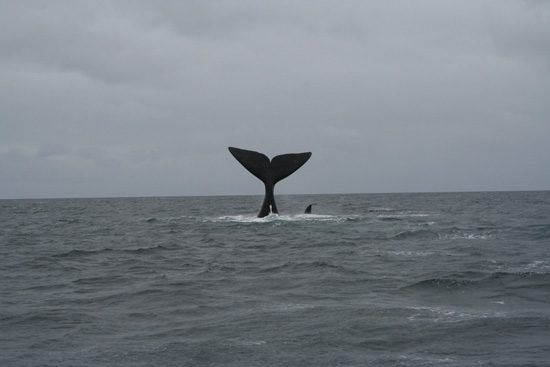September 9, 2015
Canada: A Nation Built on Fish
Estimated reading time: 0 minutes
BY: Oceana
Topics: Save the Oceans, Feed the World
(Reprinted from Oceana magazine, spring 2015)
Few countries have histories as closely tied to the oceans as Canada. The northern nation has the world’s longest coastline traversing three of the world’s five oceans: the Atlantic, the Pacific and the Arctic. And its history brims with moments that are defined by its relationship to the oceans. The centuries-long search for the Northwest Passage brought many of the first European explorers to Canada’s shores. The abundance of marine life, too, was a key factor in the age of exploration; the first English settlement in Newfoundland at Cuper’s Cove in the early 1600s survived largely on the abundance of cod. Indeed, these bottom-dwelling fish would support one of Canada’s earliest and longest-running industries. Fisheries like this helped to build modern Canada. Canada also has a large indigenous population including many for whom marine resources remain an integral part of their economy and culture.
 Today, Canada has one of the world’s biggest fishing economies. The commercial fishing industry employs 80,000 people and generates nearly $7 billion (CAN) for the nation in both wild capture and aquaculture fisheries. Recreational fishing, too, is a major economic force, contributing nearly $9 billion to the Canadian economy each year.
Today, Canada has one of the world’s biggest fishing economies. The commercial fishing industry employs 80,000 people and generates nearly $7 billion (CAN) for the nation in both wild capture and aquaculture fisheries. Recreational fishing, too, is a major economic force, contributing nearly $9 billion to the Canadian economy each year.
But Canada’s recent fishing history has been marked by one of the most famous fishery collapses in modern times. In 1992, the cod population on Canada’s northeast coast collapsed under fierce fishing pressure to less than one percent of its historic high. A 500-year-old industry that supported the colonizing and thriving of Canada as a nation was gone in what seemed like a blink of an eye, though warning signs and partial collapses had been evident for decades. More than 20 years later, northern cod have not returned to healthy levels. It is one of the famous cautionary tales taught to marine resource managers and ocean conservation advocates.
Canada faces other fishery management challenges. Atlantic salmon populations have dropped to precipitously low numbers. Many Pacific salmon stocks are also under stress, and the addition of salmon farms in British Columbia has added another potential source of ocean pollution and threats to the native habitat. Less than one percent of Canada’s oceans are protected through officially designated marine protected areas.
 Given Canada’s historic ties to fisheries and oceans, however, Josh Laughren is optimistic about turning Canada into a leader on ocean conservation. The native of northern Ontario was selected this year to become the executive director of Oceana Canada. Before joining Oceana, Laughren worked for WWF-Canada on fishery and climate change campaigns since1997.
Given Canada’s historic ties to fisheries and oceans, however, Josh Laughren is optimistic about turning Canada into a leader on ocean conservation. The native of northern Ontario was selected this year to become the executive director of Oceana Canada. Before joining Oceana, Laughren worked for WWF-Canada on fishery and climate change campaigns since1997.
“Canada has all the raw materials to restore the health of our oceans,” Laughren said. “We have vibrant coastal communities, a sophisticated fishing industry, a dedicated community of activists, world class scientists and a shared understanding of both the importance of the oceans and the cost of mismanagement. That’s what you need. So let’s grab that. That’s what I see as the opportunity with Oceana coming to Canada.”
Canada’s cold waters are also home to some of the world’s most magnificent marine wildlife. Orca, beluga, humpback, minke and blue whales share the ocean with giant octopi that can have arm spans up to 30 feet, three species of sea turtle and more than 400 species of fish. Polar bears wander the northern coastlines alongside walruses and gray seals.

But as Laughren noted, while much has been learned from past collapses, much remains to be done. “We don’t have comprehensive marine planning to make sure we’re protecting those unique areas: biodiversity hotspots, nursery areas for fisheries, important areas for whales and seabirds,” Laughren said. “Many policies to reduce bycatch or protect habitat remain either unimplemented or in draft form.” And perhaps most importantly for those who rely on fisheries, Laughren points to the lack of recovery targets for stocks that remain well below their potential: “More than 20 years after the collapse of cod and groundfish stocks off the Atlantic coast, we still don’t have a recovery plan.”
Oceana officially launches in Canada this summer. Canada joins Oceana’s cohort that now include the European Union, the United States, Chile, Spain, Denmark, Belize, the Philippines, Brazil and also new in 2015, Peru.

